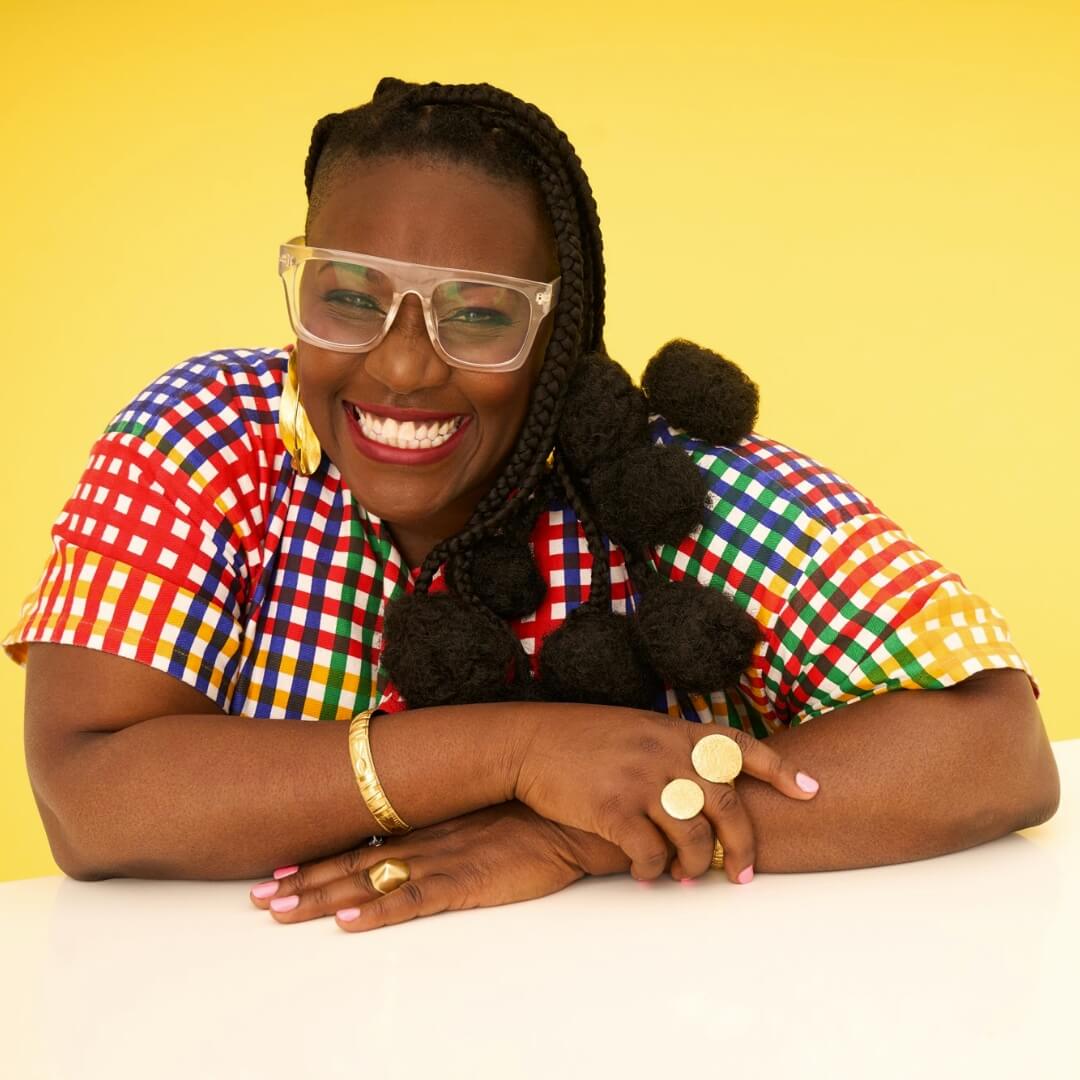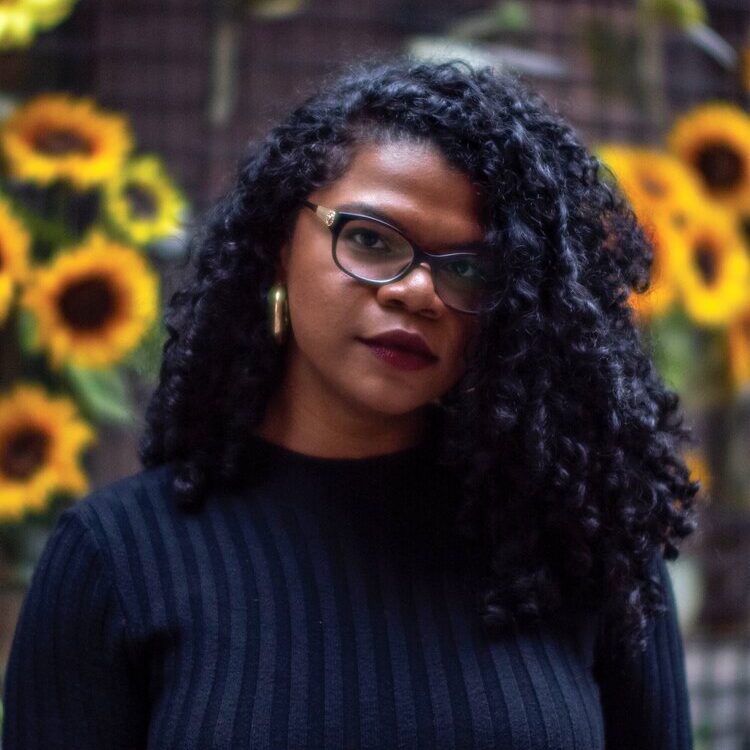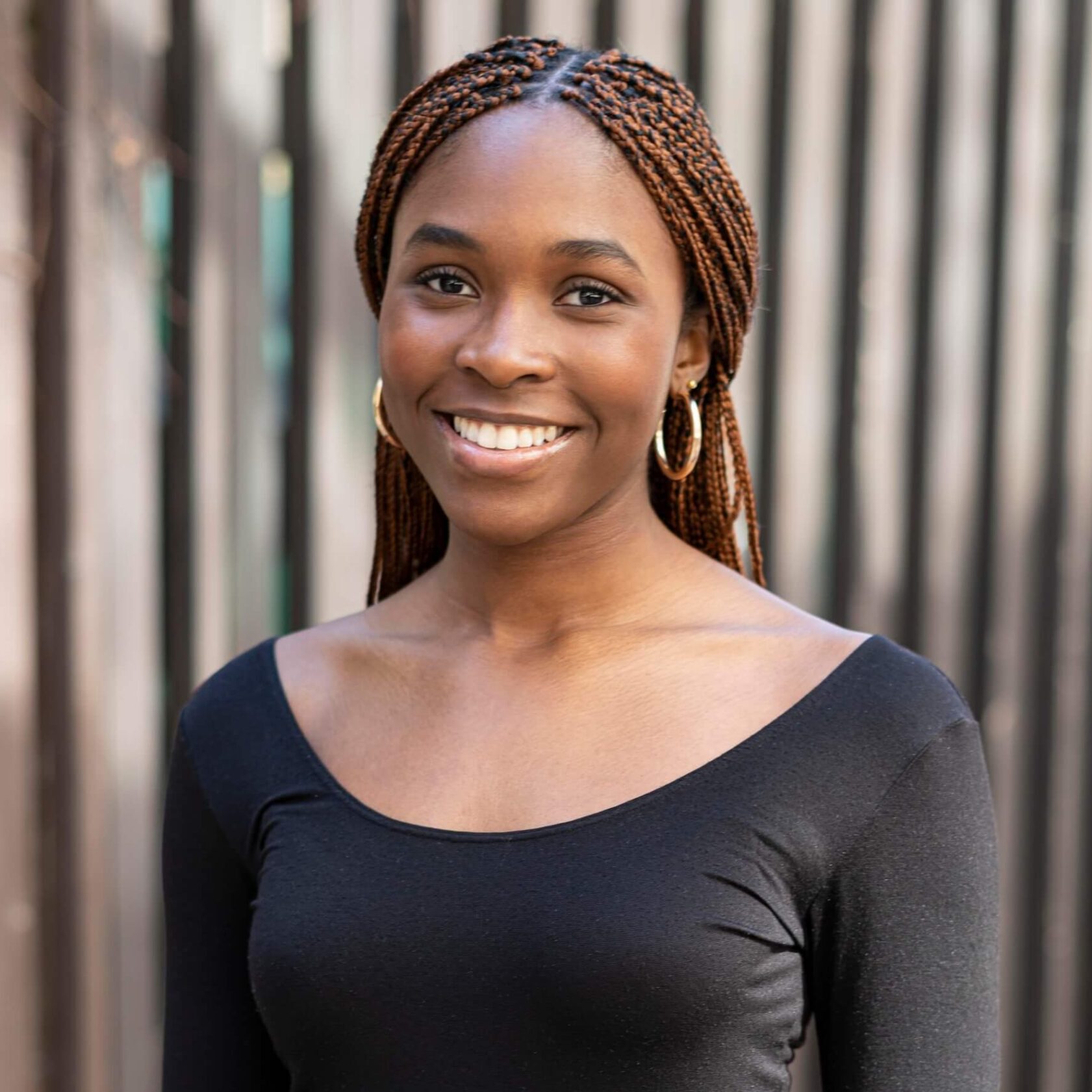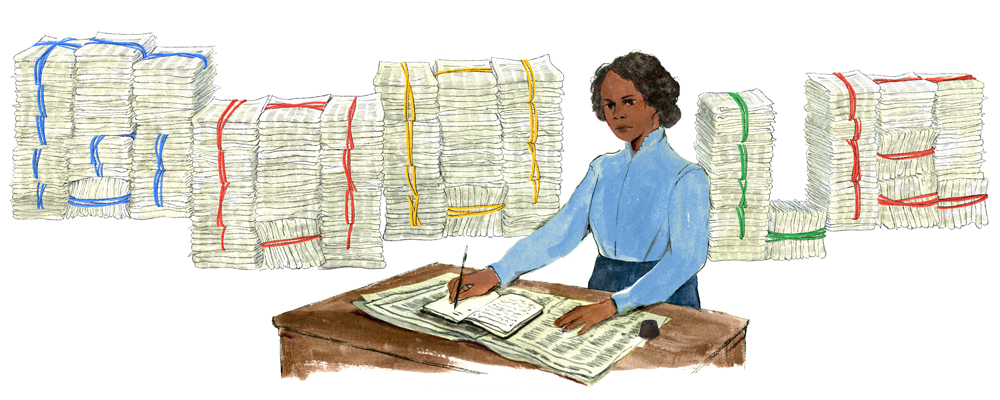Projects
Research
The Centre’s initial focus is to mobilize new knowledge about the relationship between journalism and Black communities in Canada. This phase will show how journalism creates and shapes different narratives about Black people in Canada by examining the impact of journalism and anti-Black racism on the lives of Black people in Canada, as well as the experience of Black journalists in Canada and the impact of anti-Black racism in their careers. We begin with two novel research projects:
Project One
Surveying the Experiences of Black Journalists in Canada
LEAD RESEARCHER:
Nana aba Duncan
Collaborator:
Eternity Martis
Funded By:
Social Sciences and Humanities Research Council (SSHRC)
Background
There is no academic scholarship focused on Black journalists in Canada. In U.S. newsrooms, Black journalists have historically experienced distrust and a lack of respect from their colleagues, as well as difficulty covering stories beyond those related to Black communities. They also faced pressure to conform to mannerisms and standards of appearance that diminish their natural features, such as being told to chemically straighten naturally curly hair and being suspended for wearing hair in cornrows. In a U.S. survey of 101 former journalists of colour, the highest proportion of people leaving the profession were Black women.
We should be concerned about the psychological state of Black journalists operating in primarily white newsrooms in Canada. In a report on mental health, well-being and trauma among Canadian media workers, Black media workers reported the highest rates of experiencing trouble balancing self-care and work. Online harassment was reported most frequently among Black media workers, along with Arab and Asian workers. We need deeper analysis into racism specifically experienced by Black journalists.
A 2022 study by the Canadian Association of Journalists shows a notable lack of Black journalists working in Canadian newsrooms. Whereas Black people make up 3.5 per cent of Canada’s total population, roughly 8 in 10 newsrooms had no Black journalists on staff. Black journalists are more likely to work in a part-time role compared to a full-time or supervisory role. Seventy-seven per cent of newsrooms report having no Black people in the top three leadership roles (e.g. editor-in-chief, executive producer or deputy editor).
The Survey
As the first focused and sustained analysis of the experience of Black journalists in Canadian media, this project asks Black journalists to anonymously answer: what is it like to be a Black journalist in Canada?
The project will a) generate knowledge about how anti-Black racism affects Black journalists at work, including what happens during pitching and editing stories about Black communities, as well as how Black journalists are encouraged to adjust stories to suit racist editorial goals; b) mend the harm the journalism industry has caused to Black journalists and improve their well-being and sense of belonging through building community and initiating systemic changes which are inclusive and affirming of their lived experience; and c) create equitable journalism practices that reduce harm and improve the well-being of Black journalists.
Project Two
Reporting In Black Communities: A Guide For Journalism Educators and Journalists In Canada
CO-RESEARCHERS:
Nana aba Duncan and Eternity Martis
MORE Funding Needed. Funded in part By:
Background
Negative media portrayals of Black people and Black culture in Canada has negative effects on Black communities. Unfair coverage includes the overrepresentation of Black people in crime coverage, to the negative framing of Black protest in an era of #BlackLivesMatter, to the victim-blaming of Black children and adults who are harmed and killed by police. Given the racial make-up of Canadian newsrooms, the journalists covering these stories are often white, heterosexual and middle-class, reporting on communities they are not part of, and have a lack understanding for those communities.
Unfortunately, negative reporting on Black communities is also produced by Black journalists. While there is no academic scholarship focused on Black journalists in Canada, literature reveals that in U.S. newsrooms, Black journalists either feel pressured to maintain the status quo of producing negative stories about Black communities or are accused of being “too close to the story” when they express a desire to report on their own communities so that they can ensure fair coverage.
The 2020 George Floyd protests shifted conversations about how journalists covered race, especially in Canada, which has touted its policies and practices around multiculturalism and immigration, effectively denying its historical and ongoing involvement in anti-Black racism. Over the last several years of #BlackLivesMatter protests, Black journalists began demanding more equitable, accountable and fair coverage of Black communities. We believe that as much as the journalism industry is changing for the better, there is only so much that diversity trainings, hiring of Black journalists and more positive stories about Black communities can do. What Canadian media needs is a research and people-led comprehensive education tool for how to report on Black communities in Canada, one that can be shared and championed widely.
The Guide
With insight from a series of focus groups with Black community members as well as journalists and newsroom leaders, we are proposing the creation of a website and an accessible guidebook focused on Black communities that would help journalists, media outlets, educators and students learn how to report on Black communities with accountability, fairness and knowledge.
The Team

NANA ABA DUNCAN
LEAD RESEARCHER
CARLETON UNIVERSITY
Nana aba has a background that spans academia, entrepreneurship and traditional media. She is an associate professor and Carty Chair of Journalism, Diversity and Inclusion Studies at Carleton University’s School of Journalism and Communication, as well as co-founder of Media Girlfriends, a production company led by racialized journalists.

ETERNITY MARTIS
co-RESEARCHER
TORONTO METROPOLITAN UNIVERSITY
Eternity is an assistant professor, author, and anti-racist scholar who created and teaches Reporting on Race: The Black Community in the Media, Toronto Metropolitan University’s first-ever journalism course about reporting on the Black community.

Eunice Oladejo
research assistant
CARLETON UNIVERSITY
Eunice is an international relations and government affairs professional, completing a master’s degree in diplomacy and foreign policy at the Norman Paterson School of International Affairs (NPSIA). She completed an Honors BA in Political Science at Western University, where she served as Vice President of External Affairs for the University Student Council. Currently, her academic and research work focuses on the intersections between diplomacy, foreign policy, and conflict resolution. In line with these interests, she conducts research and advocacy for various international organizations, think tanks, and humanitarian groups.

Danielle Reid
research assistant
Toronto Metropolitan University


